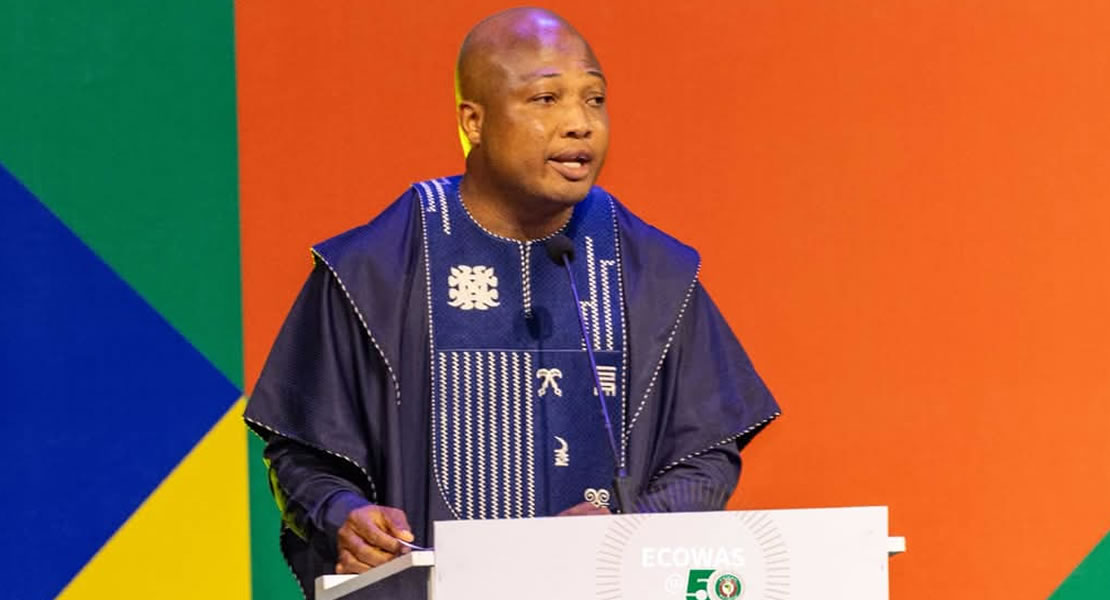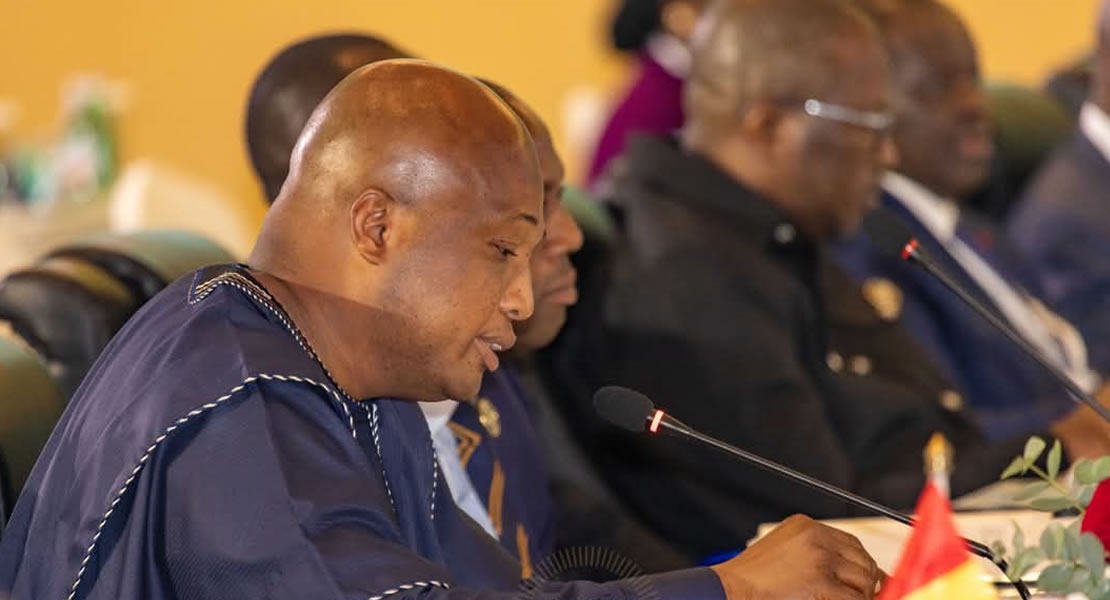
The Authority of Heads of State and Government of the Economic Community of West African States (ECOWAS) is expected to convene in June to consider the report on the contingency plans on the exit of the Alliance of Sahel States (AES).
This follows a two-day Extraordinary Session of the Council of Ministers of the Economic Community of West African States (ECOWAS) on the contingency plan and modalities for the withdrawal of the Sahel states – Mali, Niger and Burkina Faso which ended in Accra at the early hours of Thursday, April 24, 2025.
The Authority of Heads of States and Government mandated the Council of Ministers made up of the Foreign and Finance Ministers to prepare a contingency plan with the exit of the AES countries.
Mr. Samuel Okudzeto Ablakwa, Ghana’s Minister of Foreign Affairs and Regional Integration in an interview after the deliberation revealed that, they have reviewed the contingency plan and prepared a thorough and comprehensive report for the Authority of Heads of States and Government to work with.
“Our report aligns with the ECOWAS treaty and ensures that the exit of the three Countries, Mali, Niger and Burkina Faso, does not destabilize ECOWAS, and does not weaken it. Again, I commend Foreign and Finance Ministers from the sub-regional bloc on their level of dedication and commitment they have demonstrated. The two long days discussions were fruitful”, he said in an interview.
He further asserts that ECOWAS has still not ruled out the need to continuously engage; “we are so interlinked and connected and we are one people. We must not shut the door at diplomacy and negotiations, but serve as a bridge and Ghana would continue to play that role”.
Additionally, he disclosed that at the anticipated June meeting of the Authority of Heads of States and Government of the sub-region, President John Dramani Mahama, would be presenting a report to his peers on the outcome of the shuttle diplomacy.
He said President Mahama has been offering himself as a bridge to really help to mend the fence and they are hoping that the report which would be considered together with the contingency plan would offer a clear path forward.
“But ultimately ECOWAS remains strong; the skeptics out there who were thinking that the sub-regional bloc would disintegrate and collapse, we are sending a strong message – ECOWAS is here to stay. We are resolved to keep this regional bloc alive, and we are going to do everything in our power to ensure that ECOWAS survives”.
“And we are confident that despite these momentary difficulties in these trying times we find ourselves, our brothers in AES would recall all the gains we have made; gains that has led to the most integrated regional bloc in the whole of Africa. We were first since 1979, if you trace history we fully integrate and achieved free movement of people, goods and capital”.
“We are going to make sure that the ideals, visions of the founding fathers of ECOWAS that they put forward in 1975, that vision and objective is met in our lifetime; we remain committed to that”, he emphasised.
On the issue of the Alliance of Sahel States (AES) joining ECOWAS as a bloc, which are indications given in Ghana’s recent diplomatic moves with the AES countries, he noted that they are not shutting the doors completely despite the express directives from the Heads of States and Government; stating that at negotiations, diplomacy is further engaging and to get their brothers and sisters from the Sahel Countries to return; “that is a hope we have and it is really important that we maintain that posture”.
“We would not say reunification is impossible; yes, we know it’s going to be difficult; it may even happen under different guises. When we engaged them earlier during President Mahama’s visit, they said they could reconsider if they are invited as a bloc; so that is some good starting point and both sides would have to avoid the hardline positions so that we meet each other in the middle in the interest of our people”.
\
He said decisions taken should be informed by the interests of the over four hundred million lives that are impacted, on free movement, trade, security and stability.
“Do not forget the terrorist are still out there having a field day. Look at what happen to Benin a few days ago and this is a treat that moves beyond national borders. We can only combat and confront this treat when we come together and have multinational approach. That is why we say, there is more for us to achieve when we come together”, Ablakwa concluded.
Kwaku Sakyi-Danso/Ghanamps.com